Honolulu, the capital city of Hawaii, is a vibrant and culturally rich destination nestled in the heart of the Pacific Ocean. Known for its stunning landscapes, diverse culture, and historical significance, Honolulu is a place where tradition and modernity coexist in perfect harmony. In this article, we will explore the geographical features, history, culture, attractions, and various aspects that make Honolulu a unique and fascinating city.
Geography and Location
Location within Hawaii
Honolulu is situated on the island of Oahu, one of the eight major Hawaiian Islands. Its central location within the Hawaiian archipelago makes it a hub for tourism, commerce, and government activities. Oahu is often referred to as the “Gathering Place” due to its pivotal role in the state’s economy and culture.
Geographical Features
Honolulu enjoys a tropical climate characterized by warm temperatures and consistent trade winds. The city is surrounded by the Pacific Ocean, offering numerous breathtaking beaches and coastal vistas. The volcanic origins of the Hawaiian Islands are evident in the lush, green mountains and the iconic Diamond Head crater that dominates the cityscape.
History
Indigenous Hawaiian History
Before the arrival of Western explorers, the Hawaiian Islands were inhabited by indigenous Polynesians who developed a rich culture and way of life. Honolulu was originally a small fishing village, but it gained prominence when King Kamehameha I unified the Hawaiian Islands in the late 18th century.
Western Contact and Colonization
The 19th century saw increased contact with European and American explorers, leading to the eventual colonization of Hawaii. Honolulu became a hub for trade and a melting pot of cultures as immigrants from various countries settled in the area.
Modern History and Statehood
In 1959, Hawaii became the 50th state of the United States, with Honolulu as its capital. Since then, the city has grown into a modern metropolis while preserving its unique Hawaiian identity.
Culture and Traditions
Hawaiian Culture and Heritage
Honolulu is deeply rooted in Hawaiian culture, with a strong emphasis on hula, music, and storytelling. Visitors can experience the spirit of aloha, which embodies love, respect, and harmony, in every aspect of life in Honolulu.
Multicultural Influences
The city’s culture is enriched by the diverse backgrounds of its residents, including Native Hawaiians, Asians, Pacific Islanders, and mainland Americans. This diversity is reflected in its cuisine, art, and festivals.
Festivals and Events
Honolulu hosts numerous cultural events and festivals throughout the year, such as the Merrie Monarch Festival celebrating hula, and the colorful Pan-Pacific Festival that highlights the city’s multicultural heritage.
Attractions and Landmarks
Natural Attractions
Honolulu boasts some of the world’s most famous beaches, including Waikiki Beach and Hanauma Bay. Visitors can also explore the volcanic landscapes of Diamond Head and the serene beauty of Manoa Falls.
Historical Landmarks
The city is home to historical landmarks like Pearl Harbor, which played a pivotal role in World War II, and ‘Iolani Palace, the only royal palace in the United States.
Modern Attractions
Waikiki Beach, with its high-end resorts, shopping districts, and vibrant nightlife, offers a taste of modern Honolulu. Ala Moana Center, one of the largest open-air shopping centers in the world, is a shopper’s paradise.
Economy and Business
Tourism Industry
Tourism is a major driver of Honolulu’s economy, with millions of visitors flocking to the city each year to experience its natural beauty and cultural offerings.
Agriculture and Exports
Agriculture, particularly the cultivation of pineapples and sugarcane, was historically significant. Today, the city is known for its coffee production, and exports include a variety of agricultural products.
Major Industries and Businesses
Honolulu also has a growing technology and research sector, with companies and institutions contributing to advancements in various fields.
Education and Institutions
The city is home to several educational institutions, including the University of Hawaii at Manoa, which contributes to research and academic excellence in the region.
Transportation
Honolulu boasts a well-connected transportation system, with Honolulu International Airport providing access to the city. Public transportation, including buses and a commuter rail system, helps residents and tourists get around the island.
Government and Politics
As the state capital, Honolulu is home to the government of Hawaii. It has a mayor-council form of government and is a hub for political activities and policymaking in the state.
Contemporary Issues
The city faces contemporary challenges, including environmental concerns related to climate change and the preservation of its unique ecosystems. Social and economic issues, such as affordable housing and homelessness, are also important topics of discussion and action within the community.
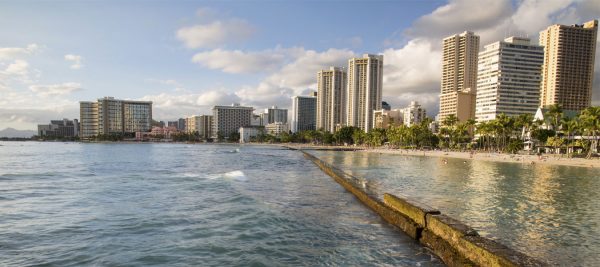

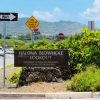

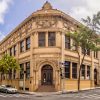
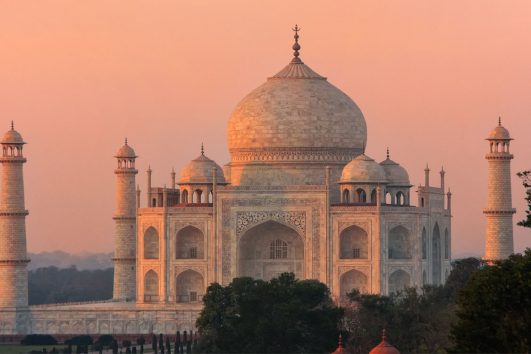
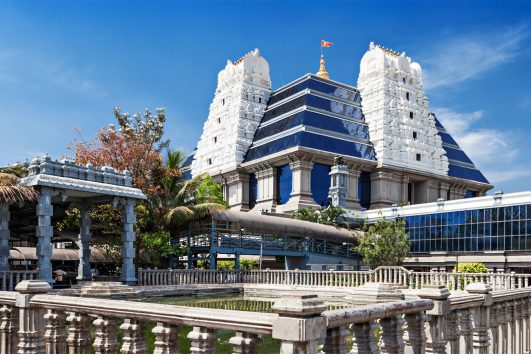
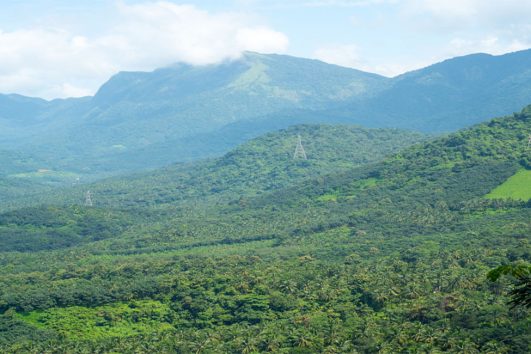
Tour Reviews
There are no reviews yet.
Leave a Review